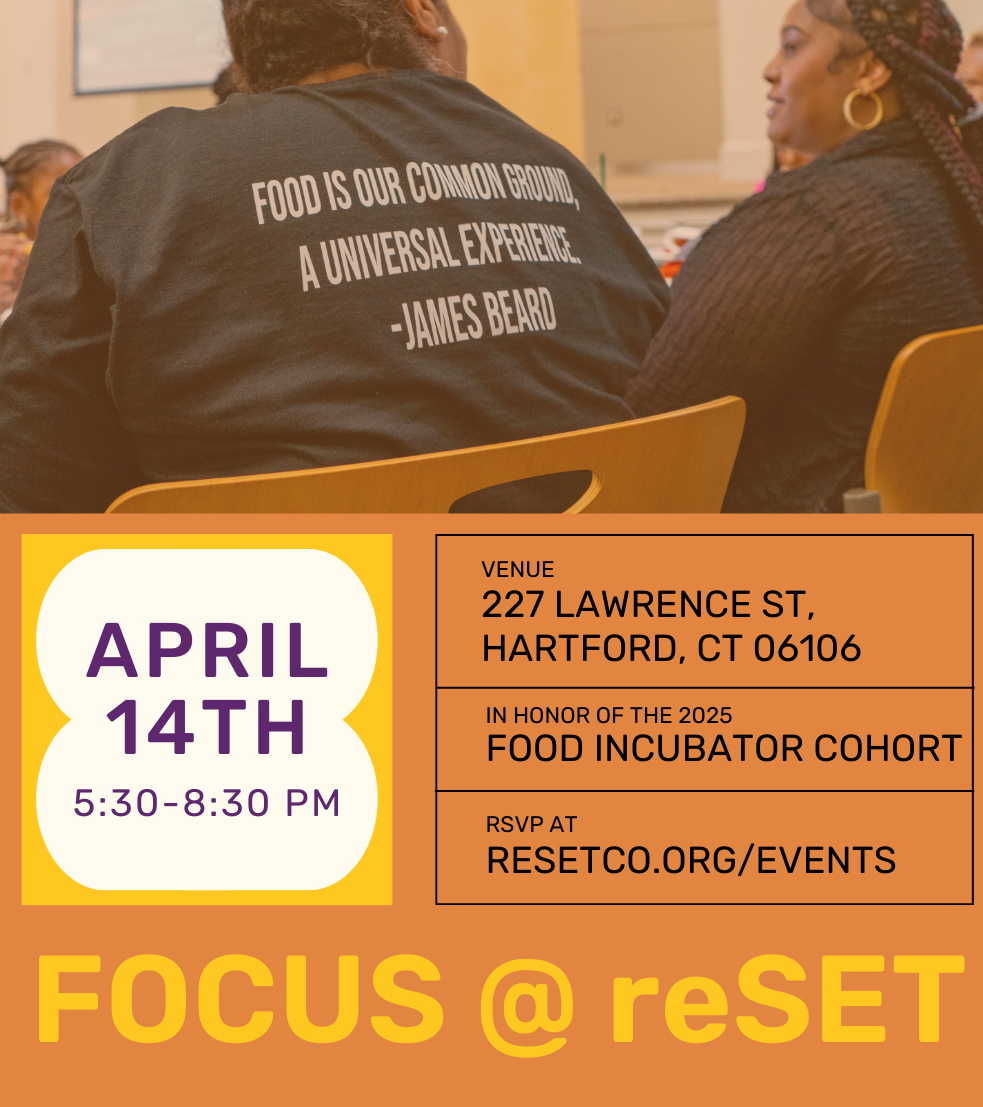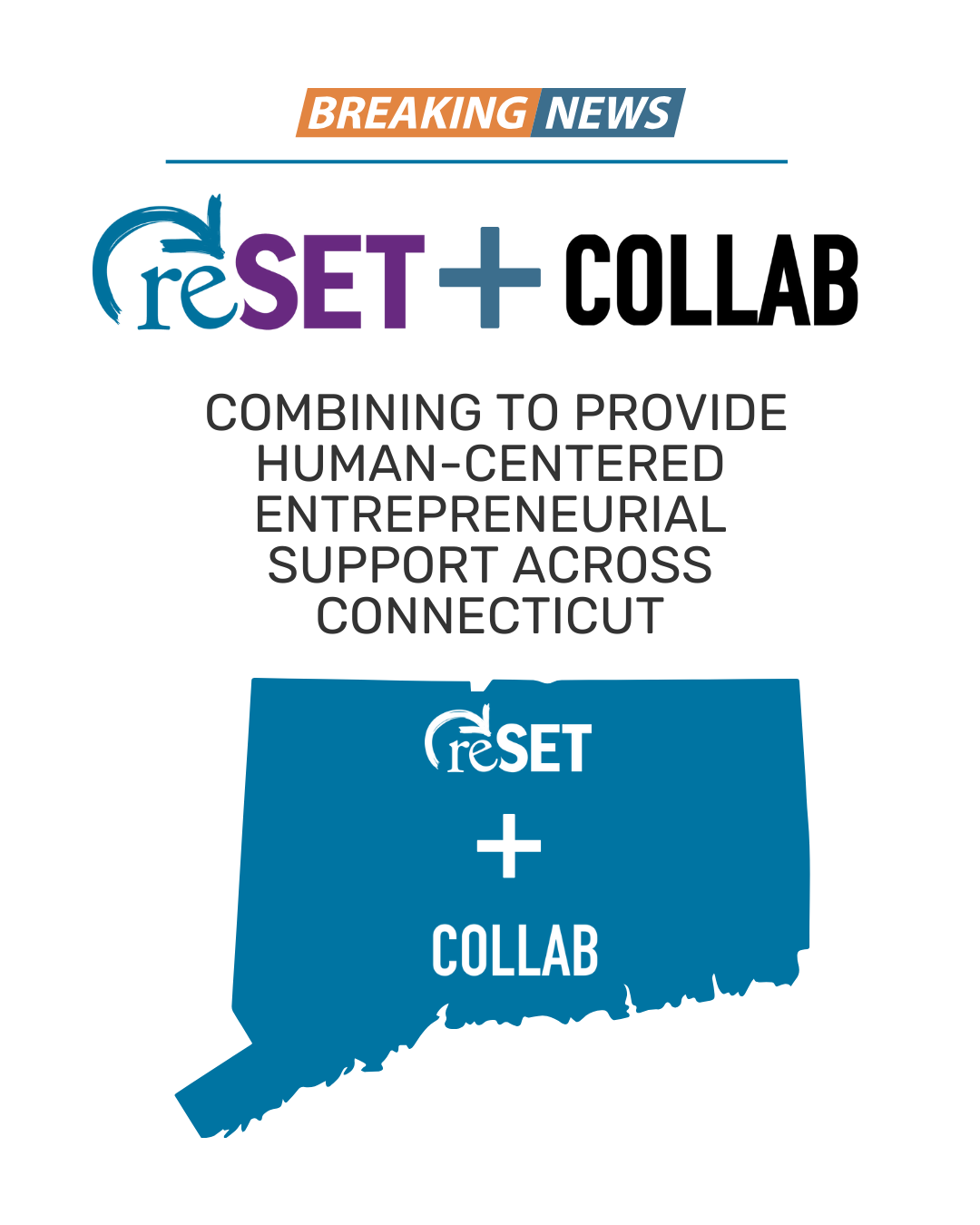For full Hartford Courant article details and related content, please click here.
Communities in Connecticut are lining up to take advantage of the state’s newest effort to promote business growth.
Looking for ways to kick-start the state’s slow-growth economy, Gov. Dannel P. Malloy and the General Assembly enacted legislation establishing competitive grant funding to create so-called innovation places, linking institutions such as colleges, universities and hospitals with entrepreneurs, small-business owners and others. The goal is to draw investment, promote new businesses and stoke job growth.
In cities such as Hartford, New Haven and Stamford, groups of business startup owners and officials of universities and colleges and others are gathering to develop ideas for grant applications. It’s the first of a two-stage process, with applicants vying for $50,000 to help plan innovation places.
Millions more will be available in the next stage to help put plans in place and leverage funding from private sources. Establishing the innovation places could be a long process, with the first likely to begin being set up next summer or a little earlier.
State and local officials want Connecticut to join states and cities in the U.S. that increasingly are tying business opportunities to an influx of young city dwellers to downtown areas. It also reflects the hope among Connecticut policymakers that innovation districts will spark growth in cities where skilled jobs and well-educated workers are scarce.
General Electric Co., for example, cited the numerous universities and ready availability of top academics and researchers in Boston when it announced in January it will move its headquarters from Fairfield.
Connecticut also wants to slow and ultimately halt a loss of well-paid, high-skilled jobs. Bringing together hospitals, universities and startup firms — many of which are high-tech — would likely promote growth in better-paid, higher-skilled jobs.
Sen. John Fonfara, D-Hartford, a legislative leader who negotiated the legislation calling for innovation places, said bringing businesses and talent together in urban areas will help Connecticut keep entrepreneurial college students in the state.
For many young people graduating Yale University and Trinity College, “they have choices where to start businesses,” he said.
“How do we get them to start their businesses here? That’s where we’re weak now,” Fonfara said.
In addition, innovation places will help connect employees to businesses as job skills and employment requirements change, he said. For example, insurance companies are seen as “claims-paying companies,” though an increasing number are software businesses handling tremendous amounts of data requiring workers with specialized skills, Fonfara said.
Michael A. Cantor, chairman of the board of Connecticut Innovations, the state’s venture capital firm that refashioned its CTNext program overseeing the innovation places program, said the goal is to establish “vibrant, urban, innovative, entrepreneurial” areas.
Measuring the success of an innovation place could include many factors, such as determining if neighborhoods are growing or even if coffee shops are opening, he said.
Hartford’s Parkville neighborhood may eventually be an innovation place. A one-time factory that made tires is now home to a business accelerator that brings together early-stage ventures and provides space to design companies such as Raymond Christensen’s Ray Lighting + Design Studios.
He said he likes the “feeling of the old building” and customers appreciate a thriving business reusing the site.
Parkville also is a stop on CTfastrak, the state’s bus-only corridor. It presents a valuable public transit feature that backers say will help support their pitch to make the neighborhood an innovation place.
In Hartford, backers of innovation places include Trinity College, the University of Hartford, MetroHartford Alliance and reSET, a nonprofit organization that promotes social businesses addressing social or community issues.
Several groups, including the University of Hartford’s Barney School of Business and MetroHartford Alliance, already operate programs encouraging entrepreneurial and high-tech businesses. Planning an innovation place can bring together community groups in a “strategic, well defined way,” said Martin Roth, dean of the Barney School.
Fonfara said the innovation places can capitalize on Connecticut’s well-educated workforce, research universities and high-tech industries such as biotechnology and medical device manufacturers.
“A lot of the things you see in other parts of the country that are going strong, we have in great abundance,” he said. “But we haven’t created an environment that created those things.”








